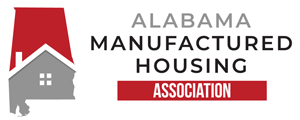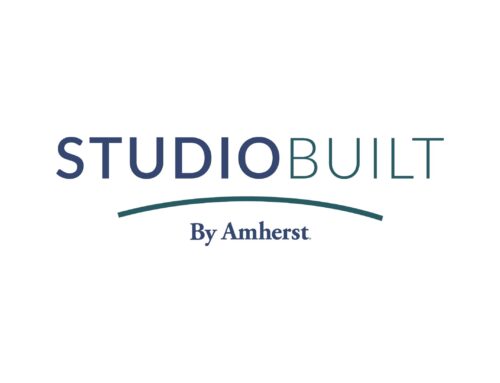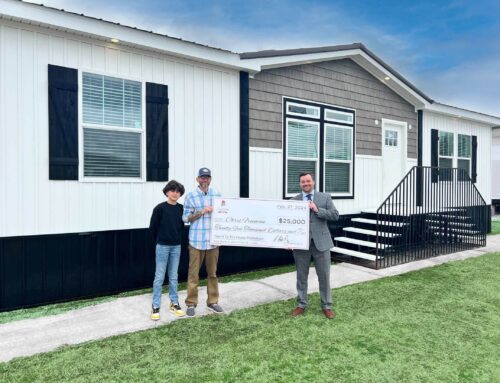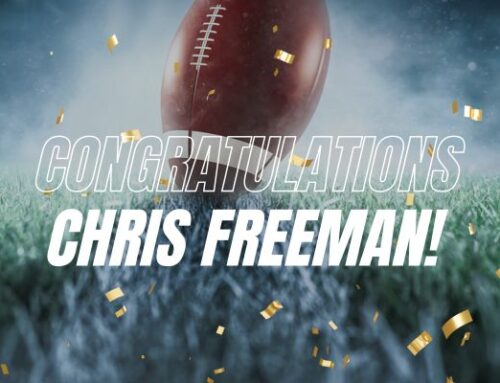
Insurance Policies for Manufactured Homes: What You Need to Know
Many people interested in purchasing manufactured homes are unaware of the ways in which manufactured home insurance policies differ from, say, that of a site-built home; or if they differ at all.
Site-built homes remain in one location for the duration of their lifespan and qualify for general insurance policies. You probably also know that manufactured homes are built in a factory rather than on a construction site.
So, what does this mean in terms of insurance policies?
While manufactured homes come with unique insurance requirements, homeowner’s insurance companies typically categorize manufactured homes the same as any traditional, site-built home, with coverage and rates to match.
Manufactured Housing Insurance Policies
When it comes to coverage, the criteria needed for someone buying a manufactured home is the same as what’s required when purchasing a conventional site-built home. All-in-all, there aren’t any additional insurance risks associated with manufactured homes, but manufactured home buyers aren’t exempt from anything, either. A home insurance policy typically provides three types of coverage: structure, liability, and personal.
Structure coverage protects the physical structure of buildings on your property from things such as fire or storm damage.
Liability protection covers medical and legal expenses for homeowners and inhabitants. The common scenarios for which you’d make a liability claim are if someone suffers an injury on your property. Liability protections might also fall under what’s referred to as “guest medical coverage”.
Personal property coverage pays for the repair or replacement of your own personal property if it’s damaged by a covered peril. This type of coverage normally involves situations such as natural disaster damage (fire, wind, rain, etc.) or theft.
These three types of coverage are standard in a homeowner’s policy, but not in other types of coverage, such as a dwelling policy.
Dwelling coverage does not provide liability of personal property coverage, but simply encompasses repair to the structure of your manufactured home in the event it’s damaged. This includes exterior, roof and some internal home system (like wiring, plumbing and heat) coverage. A dwelling policy is most commonly purchased by a landlord, rather than a tenant, and it only covers liability if it is specifically added to the policy as an addition.
Insurance Policy Geographic Differences
It’s also important to realize that homeowner’s insurance policies and practices vary from state to state. While many factors go into calculating your insurance policy rate, where you live is chief among them. Homeowners in states that are prone to hurricanes, hail storms, tornados, and earthquakes tend to pay the most for homeowner’s insurance.
Alabama’s average annual insurance rate sits at $2,314. That being said, the average national rate clocks in at $1,086. At AMHA, we provide a complete breakdown of Alabama’s homeowners insurance laws and regulations, as well as a national overview.
Where We Come In
Since 1968, the Alabama Manufactured Housing Association has led the way for the manufactured housing and modular housing industry. Through determination and pride, manufactured housing and modular housing have earned their place in Alabama’s housing market. The industry provides an innovative, safe, and affordable housing choice for nearly half a million Alabamians.
From a handful of pioneering individuals to today’s 181 member companies, AMHA has dedicated itself to a spirit of cooperation. It strives for quality and excellence in the construction, sale, and placement of manufactured homes and modular homes. AMHA members, manufacturers, retailers, finance companies, service suppliers, insurance companies, installers, and communities work together to educate the public and improve the image of factory-built housing. The Alabama Manufactured Housing Association is a non-profit organization dedicated to providing members with tools and information to shape a successful business environment and provide manufactured housing and modular housing for Alabama and the Nation.
To learn more about AMHA, click here.






